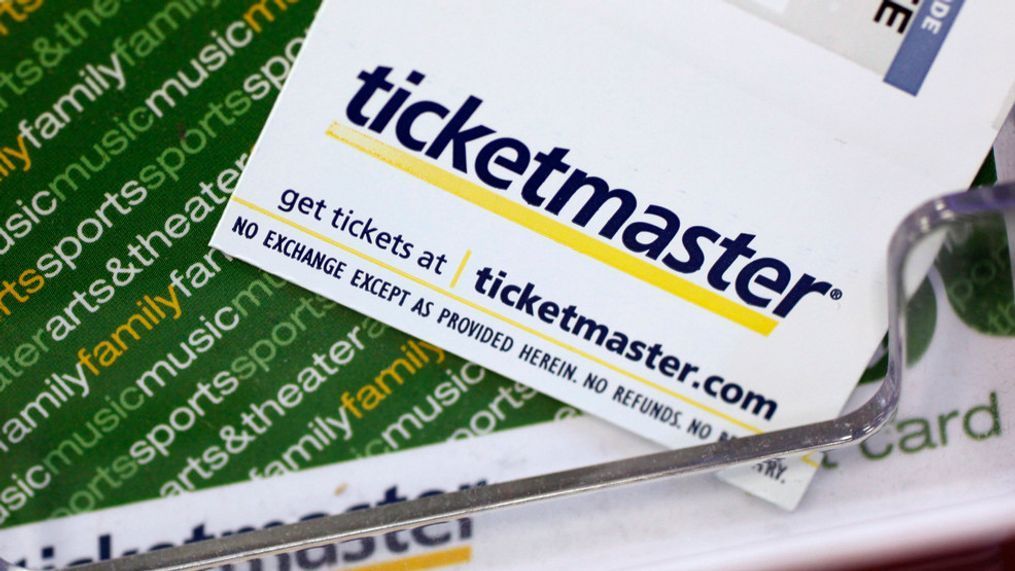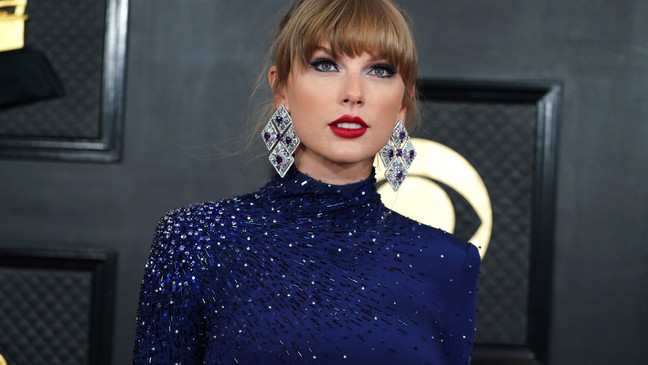DOJ sues Live Nation-Ticketmaster, citing monopoly harms and high fees
WASHINGTON (TND) — The U.S. Department of Justicefiled a civil antitrust lawsuit against ticketing giant Live NationThursday morning.
"The lawsuit, which includes a request for structural relief, seeks to restore competition in the live concert industry, provide better choices at lower prices for fans, and open venue doors for working musicians and other performance artists," a news release states.
Thirty states and district attorneys general brought the lawsuit, saying it is squeezing out smaller promoters and hurting artists.
Part of the lawsuit includes asking a judge to undo the 2010 merger of Live Nation and Ticketmaster.
We allege that Live Nation relies on unlawful, anticompetitive conduct to exercise its monopolistic control over the live events industry in the United States at the cost of fans, artists, smaller promoters, and venue operators,” Attorney General Merrick Garland said in a statement. “The result is that fans pay more in fees, artists have fewer opportunities to play concerts, smaller promoters get squeezed out, and venues have fewer real choices for ticketing services. It is time to break up Live Nation-Ticketmaster.
The DOJ also accuses Live Nation of "unlawfully maintaining monopolies in several concert promotions and primary tickets markets and engaging in other exclusionary conduct affecting live concert venues."
The complaint further alleges the company participated in a "flywheel," which is Live Nation-Ticketmaster's "self-reinforcing business modelthat captures fees and revenue from concert fans and sponsorship, uses that revenue to lock up artists to exclusive promotion deals, and then uses its powerful cache of live content to sign venues into long term exclusive ticketing deals, thereby starting the cycle all over again."
Live Nation also threatened to retaliate against one firm if it didn't stop a subsidiary from competing for artist promotion contracts, according to the DOJ.
The botched sale of Taylor Swift tickets in November 2022 brought to light how overwhelmed Ticketmaster can get after the company had to cancel plans for sales and send would-be-buyers into online queues for as long as eight hours.
The debacle prompted congressional hearings and bills in state legislatures aimed at better protecting consumers.
Live Nation has denied that it engages in practices that violate antitrust laws. When it was reported that the company was under federal investigation in 2022, the concert promoter said in a statement that Ticketmaster enjoys a such a large share of the market because of “the large gap that exists between the quality of the Ticketmaster system and the next best primary ticketing system.”
The Justice Department approved the merger of Ticketmaster and Live Nation in 2010.
Around 70% of tickets for major concert venues in the U.S. are sold through Ticketmaster, according to data in a federal lawsuit filed by consumers in 2022. The company owns or controls more than 265 of North America's concert venues and dozens of top amphitheaters, according to the Justice Department.
The Justice Department allowed Live Nation and Ticketmaster to merge as long as Live Nation agreed not to retaliate against concert venues for using other ticket companies for 10 years. In 2019, the department investigated and found that Live Nation had “repeatedly” violated that agreement and extended the prohibition on retaliating against concert venues to 2025.
____
Editor's note: The Associated Press contributed to this article.



